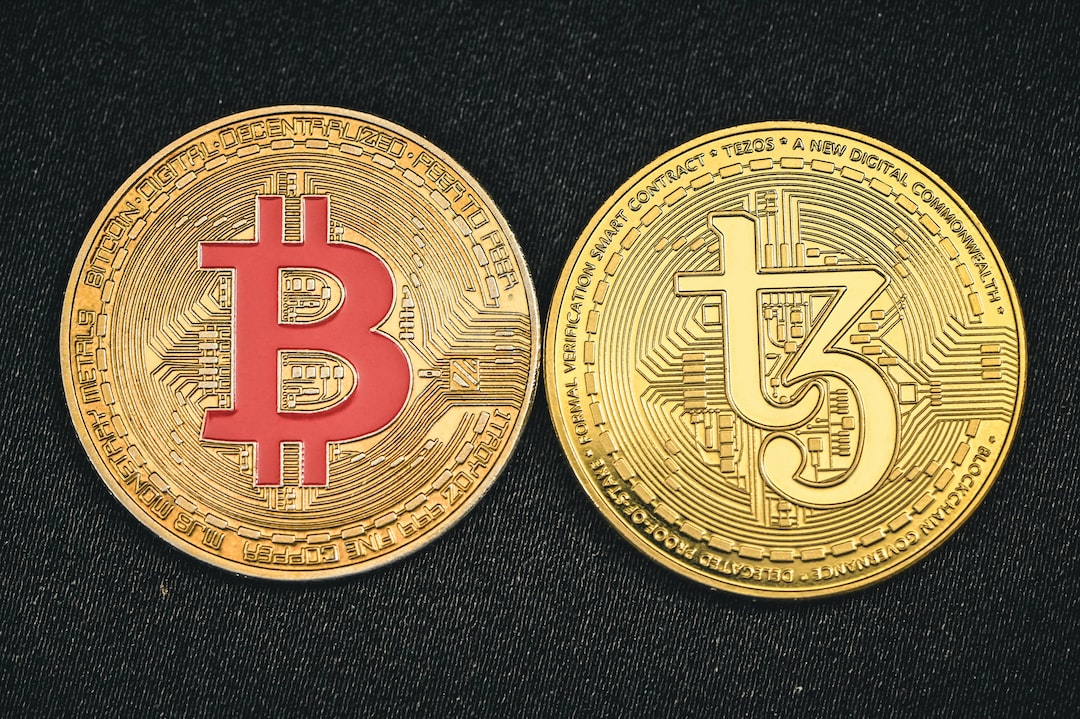Is the US Dollar Losing Its Dominance?
In a recent report titled “De-dollarization: Is the US dollar losing its dominance?”, JPMorgan’s Global Research explores the potential decline of the US dollar’s status as the world’s reserve currency. The report highlights two key factors that could contribute to this decline.
The first factor involves events that undermine the perceived safety and stability of the US dollar, as well as its overall standing as the leading economic, political, and military power. The second factor focuses on positive developments outside the US, particularly in China, that enhance the credibility of alternative currencies.
JPMorgan also discusses the qualities required for a candidate reserve currency, emphasizing the need for safety, stability, and sufficient liquidity. The report considers the Chinese yuan (renminbi) as a potential alternative to the US dollar, given China’s growing centrality in global commerce. However, the transition to yuan dominance would likely occur gradually over several decades, requiring measures such as market reforms, capital control relaxation, and the promotion of Chinese government bonds.
Furthermore, the report highlights the shift towards non-dollar currencies in oil markets, with more oil sales being transacted in renminbi. This trend suggests that the US dollar’s influence on global oil prices is diminishing.
Hot Take: The Future of the US Dollar
While the report acknowledges a decline in the dollar’s importance, JPMorgan does not anticipate rapid de-dollarization. Instead, they expect partial de-dollarization, with the renminbi assuming some functions of the dollar among non-aligned countries and China’s trading partners. This could lead to the emergence of distinct economic and financial spheres of influence, ultimately reshaping the global financial landscape.





 By
By
 By
By
 By
By
 By
By
 By
By